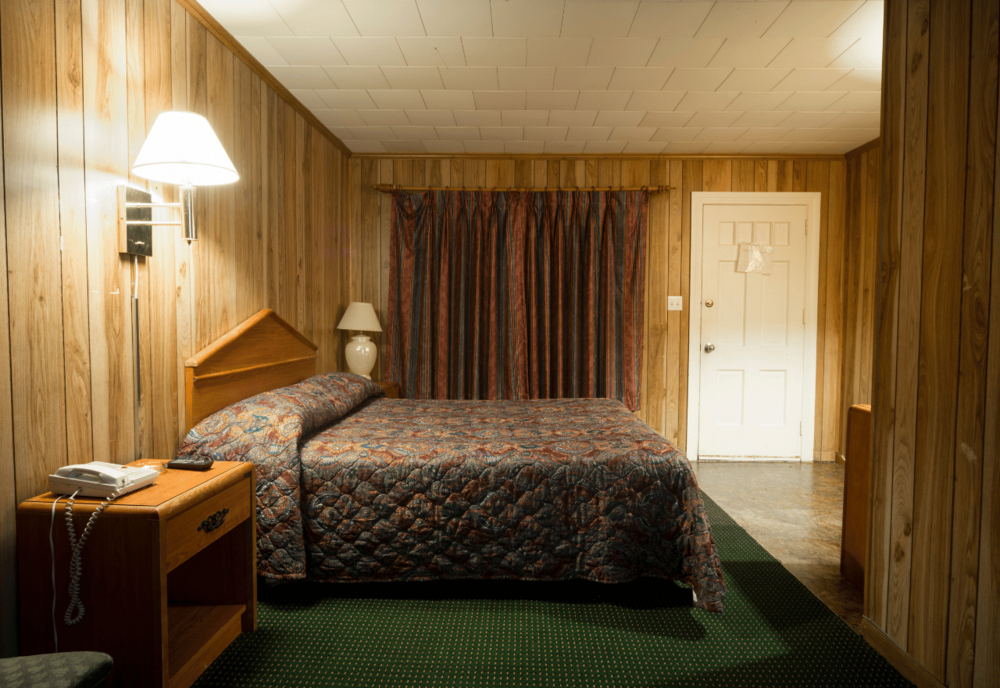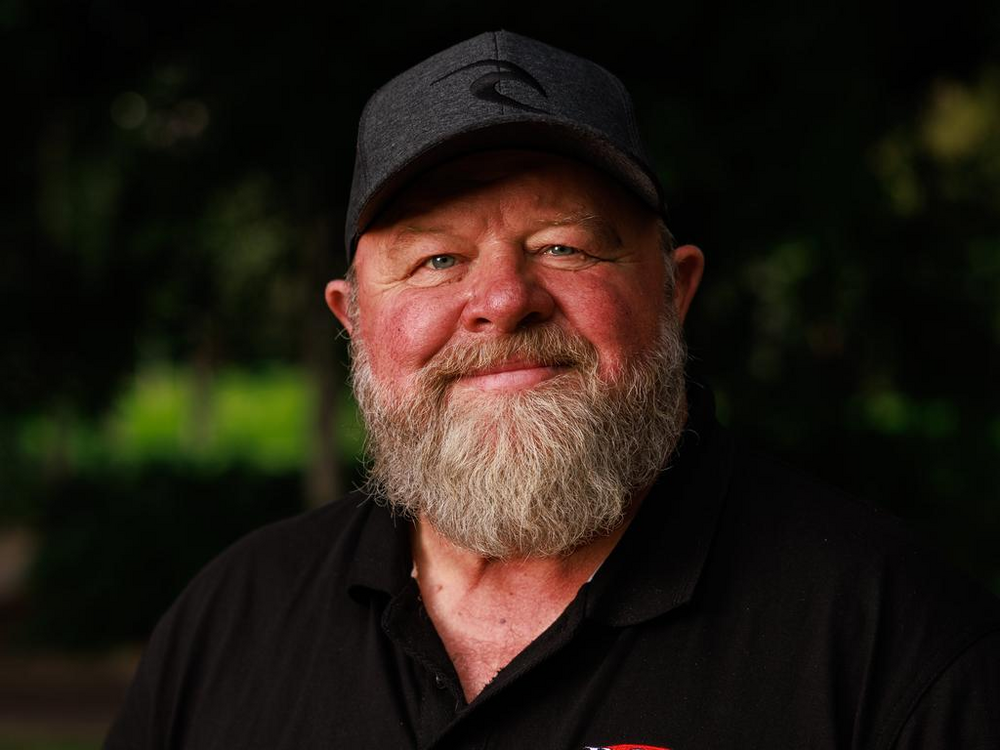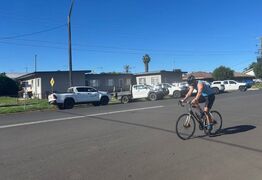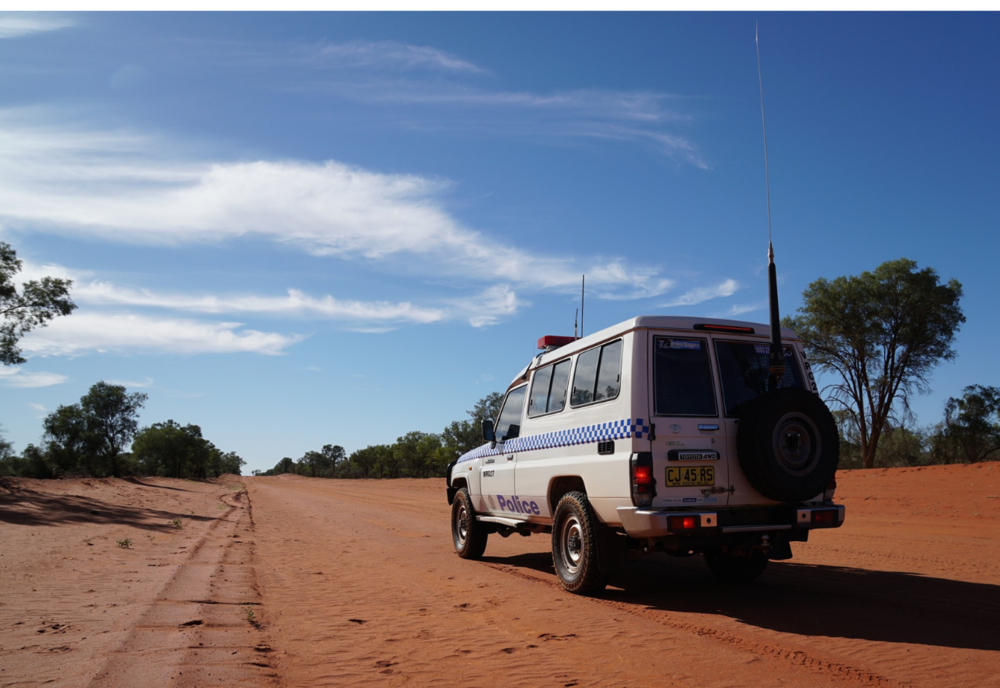Child protection reforms and the end of alternative care arrangements in NSW
Ailish Dwyer
18 April 2025, 9:40 PM

On Thursday 3 April NSW Government announced it had ended unaccredited emergency accommodation to for vulnerable children in out-of-home care.
Communities and service providers hope the changes will improve outcomes for young children in the system, including those in smaller and remote communities across the western plains which are also struggling with ongoing workforce shortages.
The recruitment of foster carers was outsourced 10 years ago and an acute shortage of foster carers led to the over-use of high-cost emergency arrangements such as alternative care arrangements (ACAs).
Children under ACAs are usually placed in a hotel, motel, caravan park or serviced apartment under 24 hour supervision.
However, ACAs were provided by unaccredited agencies who were not required to meet the NSW Child Safe Standards for Permanent Care.
While staff members at these agencies have Working with Children Checks, they do not necessarily have the qualifications to take care of vulnerable children.
Labor has brought foster care back into the public system and increased worker pay by $8,000 annually.
In November 2024, Minister for Families Kate Washington set up a specialist team within the Department of Communities and Justice to tackle the use of ACAs and reform the child protection system.

Motels are no longer a common option for housing children under Alternative Care Arrangements.
In 2023 there were 131 children in ACAs. Now, for the first time in 20 years, there are no children living in unaccredited emergency accommodation.
Last year the NSW government also set up the first Waratah Care Cottage for vulnerable children in Campbelltown, Sydney. Four more are planned to open over the coming years.
“When we came into government, more and more children were being placed in high cost emergency arrangements like hotels and motels. It was the worst symptom of our broken child protection system, and vulnerable children were paying the price.
“Ending ACAs has only been possible because of the tireless efforts of our dedicated staff and the incredible people in the community who have stepped up to become emergency foster carers," said Ms Washington.
Tom Hopper, Regional Organiser for Public Services Association, who has visited the Western Plains area, described ACAs as "horrendous."

Tom Hooper. Image: The Daily Telegraph.
"It was privatized to the NGOs, because they lost foster carers. They charged 1.7 million per child per year and over 100 child a night in alternative care arrangements. I don't think the government was in control, I think the NGOs were in control."
Mr Hopper said it was a positive change that the foster system was coming back into the public sector, and said it should never have been privatised.
He also said he hoped the wage increase for caseworkers would drive recruitment in the system, especially as areas across Western NSW face a chronic shortage of staff.
Walgett currently has no caseworkers, and neighbouring towns like Brewarrina, Nyngan, Coonamble and Bourke are under-staffed.
Association of Children's Welfare Agencies (ACWA), the peak non-governmental body representing children's welfare agencies, said it welcomed the end of ACAs.
"The end of these arrangements is a significant step in the government's broader reform plan to improve the child protection and out-of-home care system," said ACWA CEO, Simone Czech.
"ACWA and its member agencies are committed to ensuring children can live safely at home or when out of home care is required, they receive quality placements, supports and services.
"ACWA and the non-government sector is wholeheartedly committed to the government's reform plan and is collaborating with government to achieve the outcomes of the reform."



